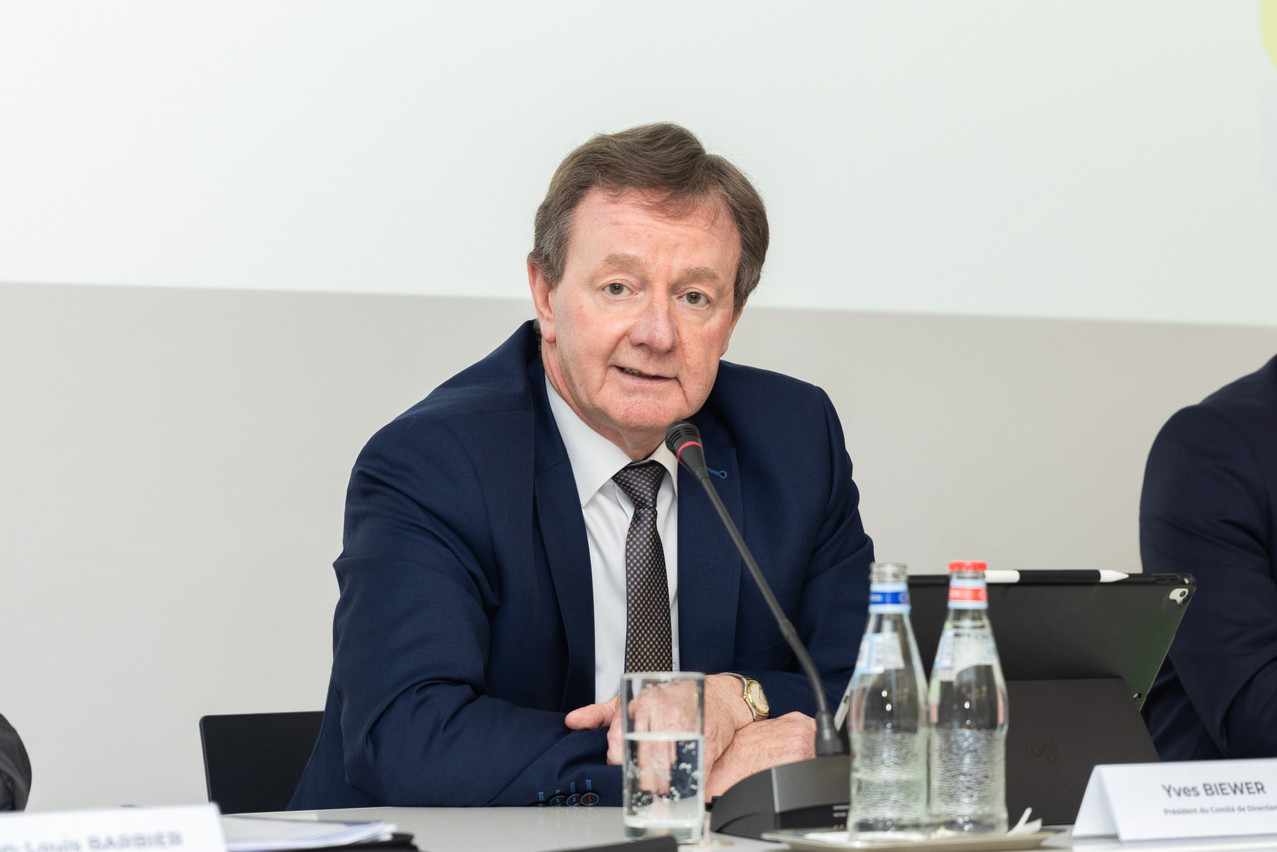In “a difficult economic context,” the bank’s traditional “prudent” management has shown its relevance. This was the message conveyed by , chairperson of the management committee, on 20 April. In “continuity” with previous years, the bank’s balance sheet increased by 5.9% compared to the end of the previous financial year to €10.754bn.
On the liabilities side of the balance sheet, funds entrusted by non-banking customers rose by 6% to €9.427bn. Household savings grew by 2.3%, or €131m, in a general context of reduced purchasing power following two years of “forced” savings during the covid pandemic, the bank said.
The activity of loans to customers is up by +4.2% to €7.773bn.
The financing of access to property remains the main activity of the bank and shows a growth of 4.7%. “This growth illustrates the bank’s desire to support its members and customers in their personal projects, and particularly in the development of their property acquisition projects.”
Customers are in hesitation mode.
However, Biewer noted “a drop in applications for housing loans. Customers are in hesitation mode. A drop in loans, but not yet a rise in defaults or increased vulnerability of borrowers.”
He added that “the rise in rates is recent and that we will only see its effects in a few months.” But in the face of a development that is becoming “worrying,” he insisted on Raiffeisen’s desire to remain close to its clients and to discuss with those in difficulty in order to find solutions.
At the same time, in October 2022, the bank created its first ‘Hub of Home’ in Kirchberg: a branch entirely dedicated to home loan advice and complementary to the existing network to help customers. It’s an initiative that has found its audience. A second ‘Hub of Home’ will be launched in Esch-Belval later this year.
Business loans rose by 3.8%.
Net banking income up 11.2%
Regulatory equity rose by 8.6% to €715.1m, “thanks mainly to the setting aside of net profits and the placement of a new subordinated issue of €40m in May 2022.” “The continued strengthening of equity enables the bank to continue to develop its various financing activities and to expand its business model by focusing on a sustainable and close relationship with its members and customers.”
In the profit and loss account, the interest margin increased by 14% to €129m. “This increase is mainly due to the growth of the balance sheet and the rise in interest rates,” the bank explained. The interest margin is the main pillar of the net banking income (NBI), which increased by 11.2% to €163.9m.
Net income was up 8.7% “thanks to sustained activity in payments and the favourable development of the bank’s activities in general.”
Operating costs rose by 8.3% to €117.9m. This growth was mainly attributable to the investments undertaken by the bank to “modernise its IT system and strengthen its workforce.” As at 31 December 2022, Banque Raiffeisen had a total of 662 employees. In ‘full time equivalent’ terms, this corresponds to 618 employees (an increase of 20 FTEs compared to 2021).
Green bank
In 2022, “the bank has remained faithful to the values and commitments that are part of its DNA,” insisted Biewer, highlighting the optimisation of the branch network and, in conjunction with this, the development of the online agency in order to maintain a real proximity with customers.
The bank has also expanded its range of ESG products and services. At the end of 2022, Banque Raiffeisen was one of the first three banks in Switzerland to obtain the Luxflag ‘ESG Discretionary Mandate’ label for its discretionary management strategy “R-Gestion Sustainable.”
Internal governance to oversee the implementation of the bank’s sustainability roadmap was strengthened by the creation of an ESG committee, assigning responsibility for ESG to a member of the executive committee, continuous efforts to train all employees, the creation of a dedicated ESG team and general awareness-raising measures on a daily basis.
Finally, in partnership with the Fondation Hëllef fir de Natur de natur&ëmwelt and the NGO Friendship Luxembourg, the bank financed the planting of more than 40,000 trees in Luxembourg and Bangladesh through its positive ecological impact Visa credit cards.
This story was first published in French on . It has been translated and edited for Delano.

